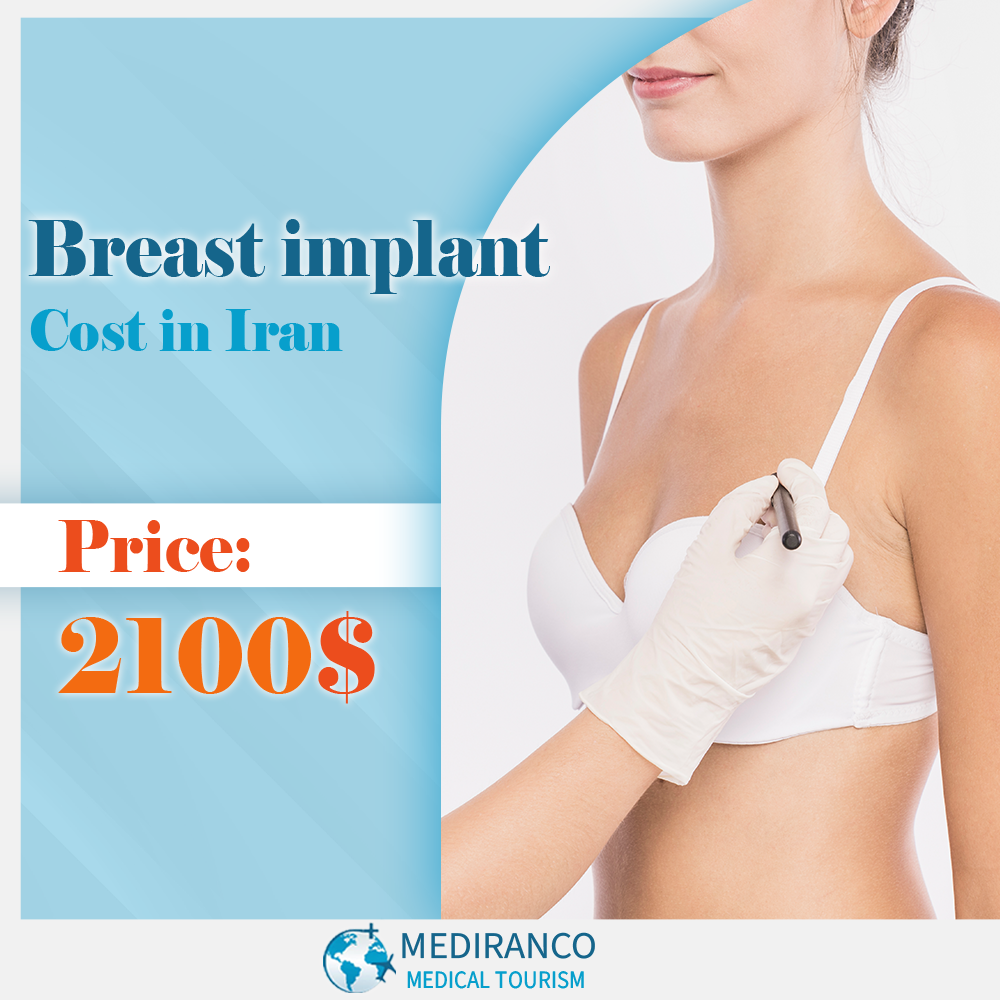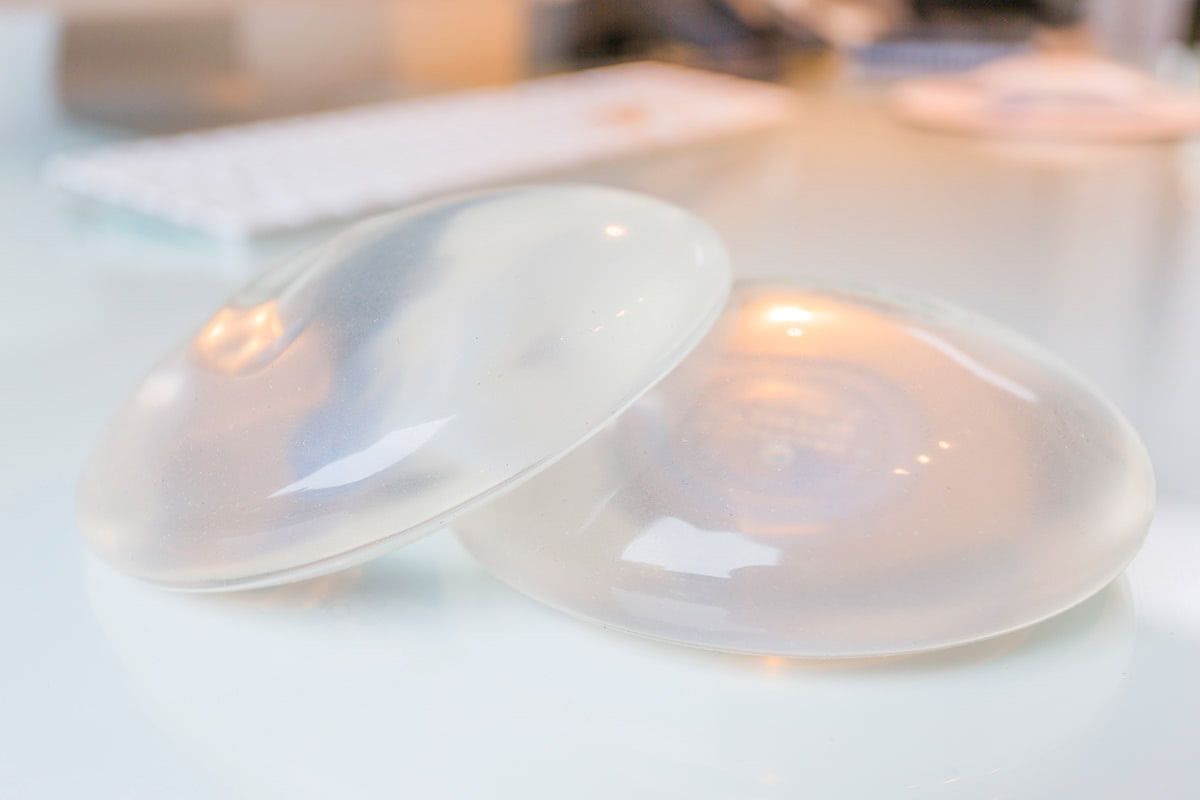Mammoplasty is a surgical procedure which reshapes or modifies the appearance of the breast. There are three general categories of Mammoplasty: breast augmentation (increasing the size of the breast), breast reduction, and breast reconstruction (rebuilding a breast after cancer surgery or injury). In breast augmentation and breast reconstruction a breast implant is used to make the breast appear larger.
Like any other procedure, mammoplasty has risks like infection, pain, swelling, etc. But recently there have been some concerns about breast implants causing breast cancer. The purpose of this article isn’t to discourage or encourage you to do a mammoplasty, but we want you to have all the necessary information before making a decision.
A decade ago the FDA found a link between breast implants and certain cancers that may develop in scar tissue forming around the implants. The cancer is called anaplastic large cell lymphoma (ALCL), which is an uncommon cancer of the immune system that starts in the lymphatic system and is a type of non-Hodgkin’s lymphoma. It is not a type of breast cancer and can develop in any part of the body (most commonly the lymph nodes and skin). If ALCL is found in surrounding scar tissue of the breast implant, it will be called breast implant-associated anaplastic large cell lymphoma (BIA-ALCL). ALCL is a rare form of cancer. Experts estimate that even if you have breast implants, your chances of getting ALCL, is 1 in 50,000.The mean period of time between implant surgery and diagnosis of BIA-ALCL is approximately 10 years.
Recently the FDA also warned about squamous cell carcinoma (BIA-SCC) and other types of lymphoma that may be related to the implants. But it also says that there have been very few cases reported of these cancers (fewer than 20 cases of BIA-SCC and fewer than 30 cases of implant-associated lymphoma). The cause of BIA-SCC and implant-associated lymphoma is probably from the body’s reactions to foreign material and scar tissue.
In this article we will read:
Signs of breast cancer with implants؟
What is the treatment for BIA-ALCL?
Who’s at Risk?
What happens if you get breast cancer with implants
Table of Contents
ToggleSigns of breast cancer with implants؟
- breast enlargement
- asymmetry
- fluid buildup or a lump in the breast or armpit (or other changes in the shape of your breast)
- skin rash near your breast
- hardening of the breast
- Pain in or near your breast that’s regular or constant
You should also look out for hair loss and exhaustion
If you see these changes in your breast, you should Schedule an appointment with your physician as soon as possible. Then after physical examination your physician may require an ultrasound, mammogram or MRI for further evaluation around the implant and in the lymph nodes and if fluid or a mass is found, you will require a needle biopsy with drainage of the fluid to test for BIA-ALCL. This fluid will be sent for immunohistochemistry, including CD30 and ALK (for BIA-ALCL) and CK 5/6 and p63 (for BIA-SCC), as well as flow cytometry to look for T cells, squamous cells, and keratin. These are the markers that are used for ruling out or confirming the diagnosis of BIA-ALCL and BIA-SCC. If the fluid collection is negative for these markers, then BIA-ALCL and BIA-SCC will be ruled out and the fluid collection will be treated as a typical seroma.
What is the treatment for BIA-ALCL?
When a patient is diagnosed with BIA-ALCL, she will be referred to an oncologist and will require a PET/CT scan to look for any spread of the disease which will determine the staging of the disease.
If BIA-ALCL is only around the implant, surgery will be performed to remove the breast implant and the scar capsule around it
If there are any lumps in the armpit, the lymph nodes may be tested with a needle biopsy or removed by surgery to find out if the disease that has spread to the lymph nodes or it’s just a normal enlargement of the lymph nodes. Some additional tests like blood tests and bone marrow biopsy may also be done.
In advanced cases treatment may include chemotherapy and in rare cases radiation therapy and/or stem cell transplant therapy.
Who is at risk for breast cancer?
Among those at highest risk are breast cancer patients who have had or plan to undergo chemotherapy or radiation treatments and are encouraged to have breast reconstruction with implants.
Smoking, lupus and diabetes are also risk factors for development of complications.
Whether your implants have silicone or saline solution doesn’t seem to matter, but women who used textured silicone or polyurethane tissue expanders (which are sometimes used during reconstructive surgery following a mastectomy) also have higher odds of ALCL. Textured implants are less likely to move or cause the skin to ripple but their bumpy surface may trigger the immune system to respond in a way that leads to cancer.
It should be noted that in 2019, the FDA requested Allergan to recall specific models of its textured breast implants from the U.S. market after nearly 600 cases of cancer were linked to the implants and 33 deaths were credited to the company’s devices. But other implant manufacturers continue to have textured breast implants available.
What happens if you get breast cancer with implants
The FDA does not recommend removing breast implants but advises women to visit their health care provider for routine checkups every year, get regular mammograms, do an MRI 10 years after the surgery and monitor your implants, and to see a doctor if you notice any abnormal changes or the symptoms that were mentioned above.
In conclusion if you’re considering breast implants, you should discuss the risks and benefits of different types of implants with your physician. There are many breast implant options such as smooth, textured, round, shaped, saline, and both liquid and solid silicone which your physician may suggest to achieve an optimal reconstruction while minimizing potential complications.
In Mediranco, we will provide you with the best quality of implants and put you in contact with the best breast surgeons in Iran who will help you choose the best type of implant according to your need to get the best possible outcome from your surgery.
If you have are interested in doing breast implants or have any question you can contact our support team and will help you through.

As was mentioned above breast augmentation or boob job has different methods that you can choose among them based on your expectations. The costs of various methods are different but you can ask mediranco for high qualified hospitals and experienced surgeons at very affordable prices. As a comparison, you can find out that the costs of most aesthetic surgeries in Iran are cheaper than in European countries. You can experience a journey to a wonderful country and have your surgery at an affordable price.

